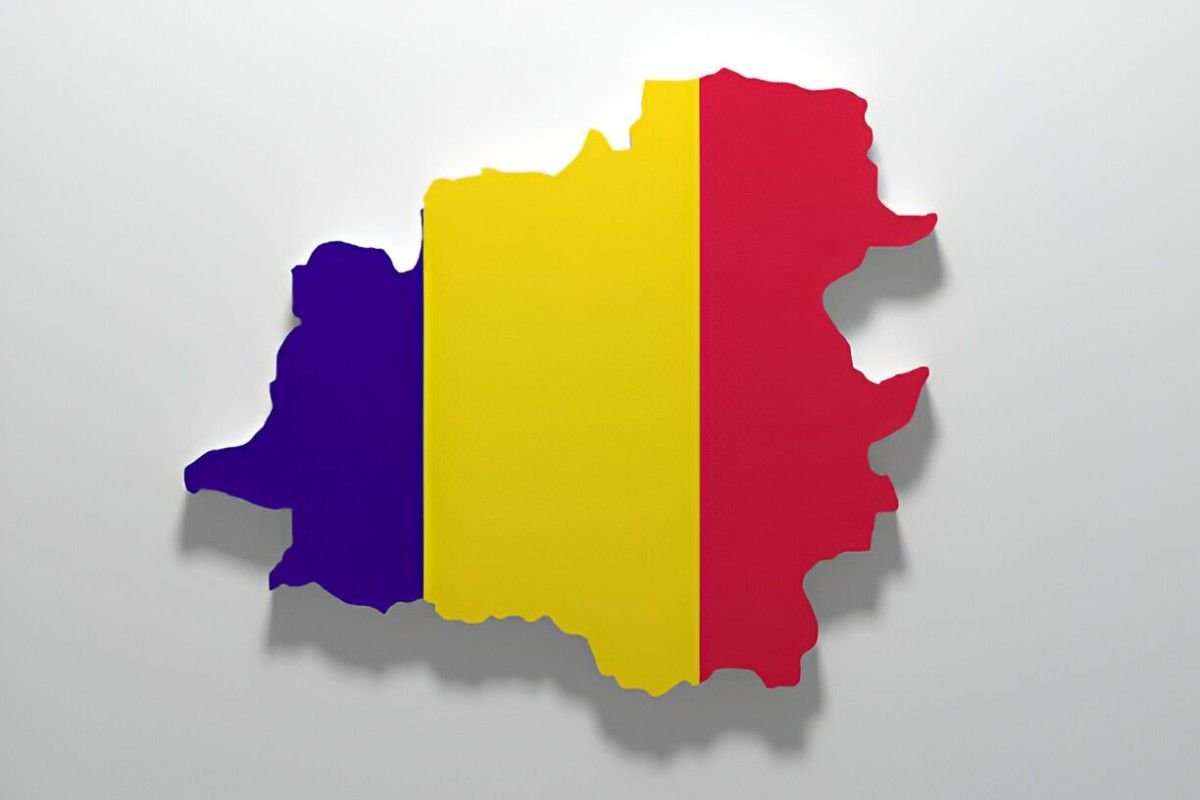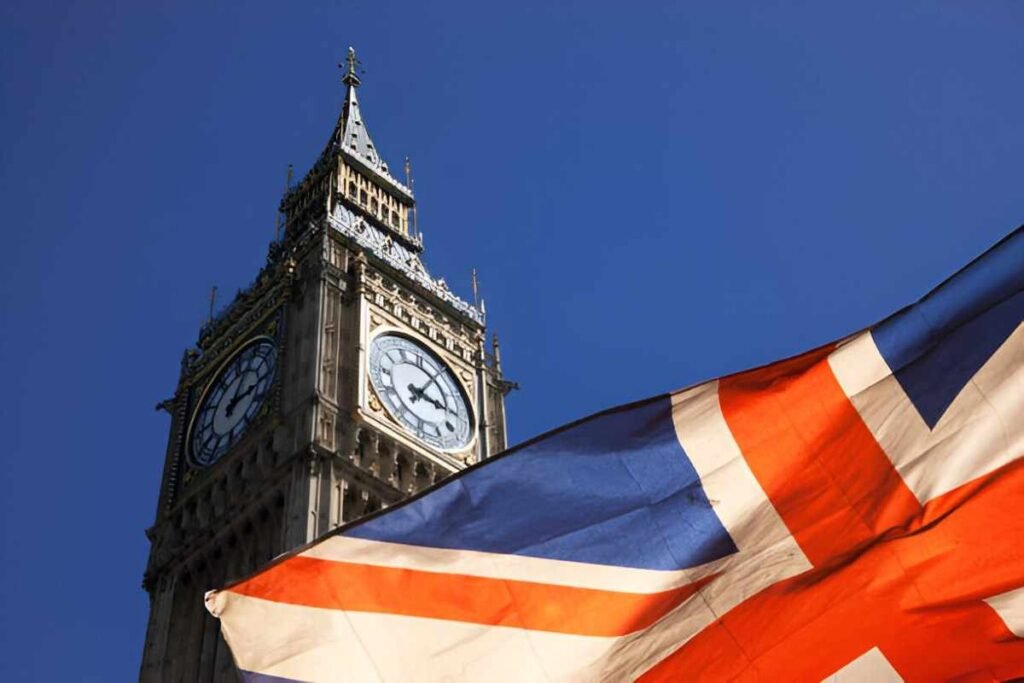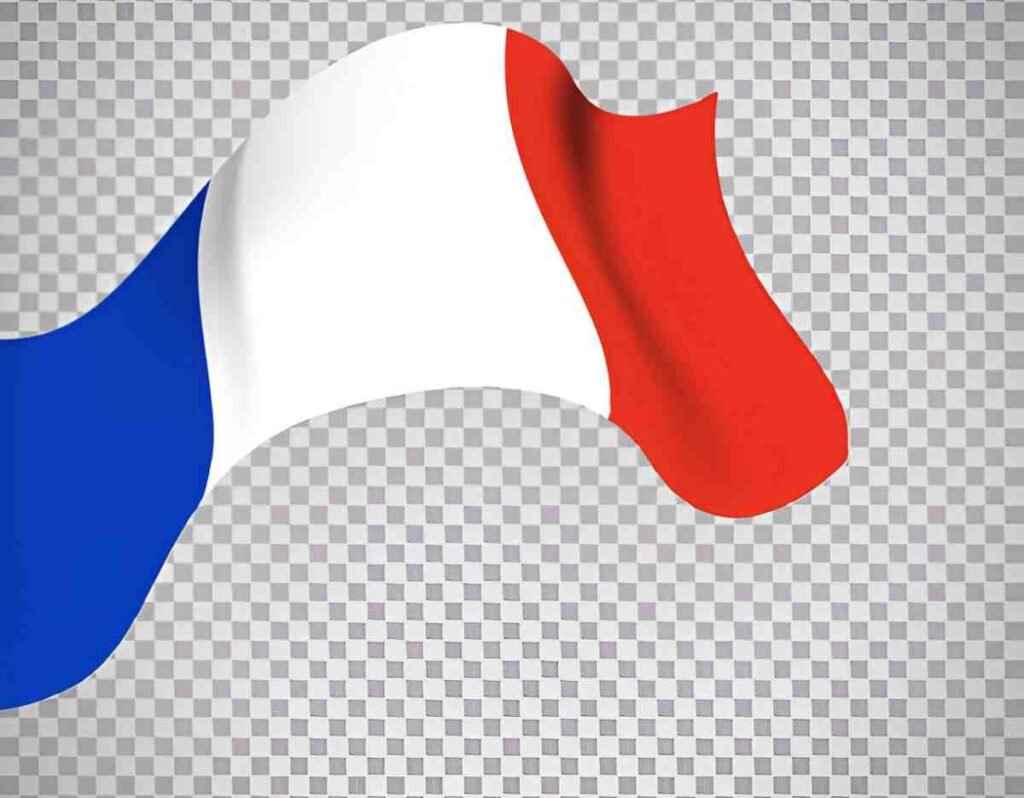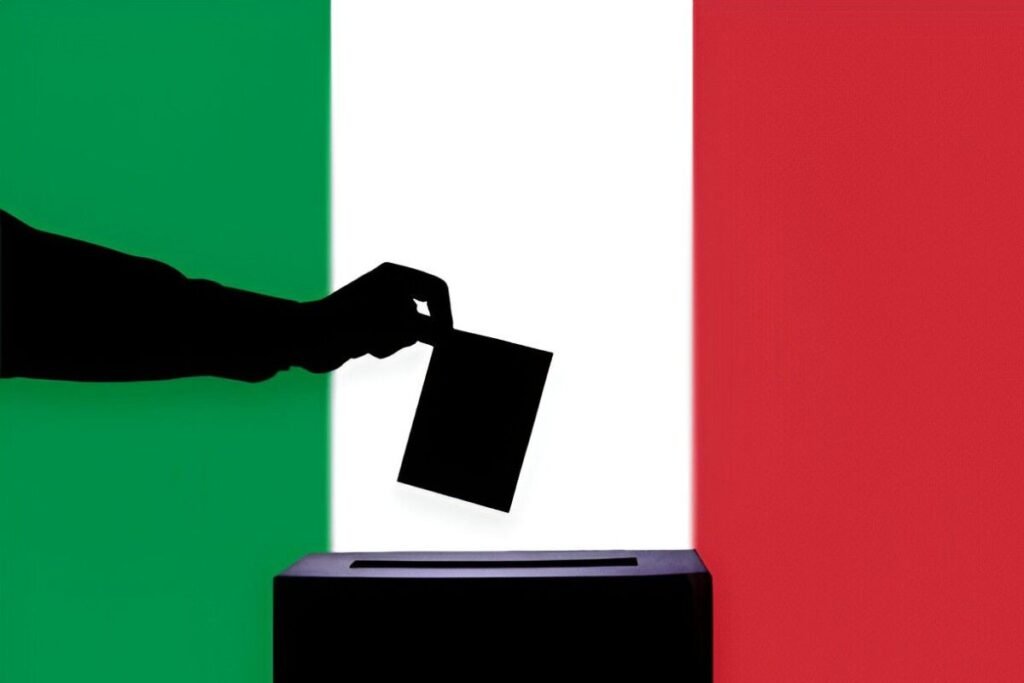As I survey Germany’s political landscape, I see an intricate tapestry. Each major party offers distinct ideologies and visions for Germany’s future; to effectively navigate it all, it’s crucial to have an understanding of key players such as the Christian Democratic Union (CDU), Social Democratic Party (SPD), Free Democratic Party (FDP), Alliance 90/The Greens and The Left (Die Linke).
Table of Contents
The Christian Democratic Union (CDU)
· Historical Context
The Christian Democratic Union, or CDU, was formed in 1945 to create a center-right party that could unite Christians while advocating a market economy. After its foundation, however, it quickly established itself as the dominant force in German postwar politics by emphasizing reconstruction and stability.
· Core Ideologies
At the heart of their ideology lies Christian democracy and social market economy, as represented in their commitment to free-market economies while upholding solid social policies to ensure economic prosperity benefits all citizens equally. Their approach supports business while protecting workers’ rights by supporting innovation, offering social welfare programs for workers’ well-being, and providing solid protections.
The CDU emphasizes family values, tradition, and national security. Their policies support strong defense policies as they advocate for integration through controlled immigration policies and support European Union membership while upholding national sovereignty.
· Criticisms and Challenges
Critiques and Challenges Some critics of the CDU believe their policies skew too heavily towards big business interests, often at the expense of environmental sustainability or social justice issues. Furthermore, their immigration and national security stance can appear too conservative, alienating more progressive voters.
The Social Democratic Party (SPD)
· Historical Context
The Social Democratic Party, or SPD, dates back to 1863 and remains one of Germany’s oldest political parties today. Over its long and rich history, its primary objectives included championing workers’ rights and social justice for its membership and constituency, advocating against communism when necessary, and playing an instrumental role during Germany’s postwar reconstruction and subsequent unification between East and West German territories.
· Core Ideologies
The SPD’s core ideology entails social democracy and justice. Their core belief lies within an active government role aimed at redistributing wealth through public services like welfare state provision, healthcare coverage, and education provision – including progressive taxation policies where those more financially secure pay their fair share to fund these essential public services.
Economically, the SPD supports regulated capitalism. They assert that government intervention is necessary to safeguard workers, consumers, and the environment from excesses in free market capitalism. Their policies frequently emphasize labor rights, environmental sustainability, and social inclusion.
On social issues, the SPD takes an inclusive and liberal stance. Their policies promote LGBTQ+ rights and gender equality, while their approach to immigration ensures humane policies that welcome newcomers into German society.
· Criticisms and Challenges
Critics argue that SPD policies could lead to excessive government intervention and high taxes, thus hindering economic development. Furthermore, their positions regarding financial regulation and public ownership often appear outdated in today’s globalized economy.
The Free Democratic Party (FDP).
· Historical Context
The Free Democratic Party, commonly called FDP, was established in 1948 as a centrist political movement dedicated to individual liberties and economic liberalism. Over its existence, it has often served as an influential player in German politics by forging coalitions with either CDU or SPD parties.
· Core Ideologies
The FDP strongly advocates for individual rights and free-market principles, believing in decreasing government influence over the economy through lower taxes, deregulation, and privatization efforts. According to their ideology, free markets foster innovation, efficiency, and personal freedom – essential for sustainable economic development.
Economically, FDP supports entrepreneurialism and pro-business policies. According to their reasoning, reduced red tape and taxes will stimulate economic development and job creation while their focus remains on creating an efficient market with dynamic competition between firms.
On social issues, the FDP takes an advocate liberal stance. Their advocacy includes supporting civil liberties, personal freedoms, and progressive policies such as drug reform or digital privacy protection. Their immigration approach is pragmatic, advocating for policies that meet economic needs while honoring human rights.
· Criticisms and Challenges
Critics contend that the FDP’s emphasis on free-market principles can increase inequality among vulnerable groups while prioritizing economic efficiency over social welfare and environmental sustainability. They suggest its policies prioritize economic efficiency over social welfare or sustainability goals.
Alliance 90/The Greens.
· Historical Context
Alliance 90/The Greens, more popularly known as The Greens, was formed in 1980 amid growing environmental, anti-nuclear, and peace movements of the 1970s. Over time, it has gained considerable momentum as ecological concerns become ever more prominent.
· Core Ideologies
Environmental sustainability lies at the core of The Greens’ ideology. Their policies focus on combatting climate change, protecting natural resources, and encouraging renewable energy resources – such as cutting emissions, transitioning towards green economies, or supporting sustainable agriculture practices.
Social justice is another cornerstone of Green Party philosophy. They advocate for progressive taxation, public investment in social services, measures to decrease income inequality, more substantial labor rights, gender equality, and inclusive social policies.
Socially, The Greens take an aggressively liberal stance. They support LGBTQ+ rights, antidiscrimination measures, and humane immigration policies while emphasizing grassroots democracy and citizen involvement in political decision-making processes.
· Criticisms and Challenges
Some critics contend that The Greens’ policies can be unrealistic and economically disruptive, with a rapid transition to a green economy threatening job loss and creating economic instability. Furthermore, their emphasis on social justice and environmental sustainability often lacks clear implementation strategies.
The Left (Die Linke)
· Historical Context
Historical Context Die Linke was formed through a merger in 2007 of two parties, the Party of Democratic Socialism (PDS) and Labour and Social Justice – The Electoral Alternative (WASG). PDS was the successor party for East Germany’s Socialist Unity Party, which held office before reunification.
· Core Ideologies
Core Ideologies Die Linke’s ideology centers around democratic socialism. Their advocacy includes radical economic restructuring to promote greater social justice and reduce inequalities – such as wealth redistribution, nationalizing key industries, and creating a comprehensive welfare state.
Economically, Die Linke advocates for solid government involvement in regulating markets, protecting workers, and providing public services. According to them, capitalism inherently breeds inequality and exploitation, while socialism offers hope of building a fairer society.
Die Linke takes an aggressively progressive stance regarding social issues and immigration policy, supporting LGBTQ+ rights, gender equality, and anti-discrimination initiatives. Their inclusive stance towards immigration promotes open borders as well as protecting refugees and asylum seekers.
· Criticisms and Challenges
Some critics view Die Linke’s policies as too radical and impractical for practical application, noting how nationalization, extensive government intervention, and increased nationalization may hamper economic growth and innovation. Furthermore, its East German roots frequently draw suspicion or criticism – especially among those familiar with its former authoritarian regime and those who remember its authoritarianism.
Conclusion
Germany’s political landscape is expansive and dynamic, with each significant party offering distinct ideologies and visions for its future. While traditionally, CDU and SPD represented center-right and center-left ideologies, respectively, FDP, The Greens, and Die Linke provided alternative viewpoints arguing for free market liberalism, environmental sustainability, and democratic socialism.
Understanding these parties and ideologies enables us to navigate the political field with greater ease, stimulating critical thought about the choices we face and envision for our nation’s future. Voters possess immense power over this future by engaging these ideas and making educated votes at election time.
As political choices continue to become more complicated and multilayered, understanding the ideologies and goals of significant parties is essential in participating effectively in our democracy and building an idealized vision of the future that reflects our beliefs and aspirations.





